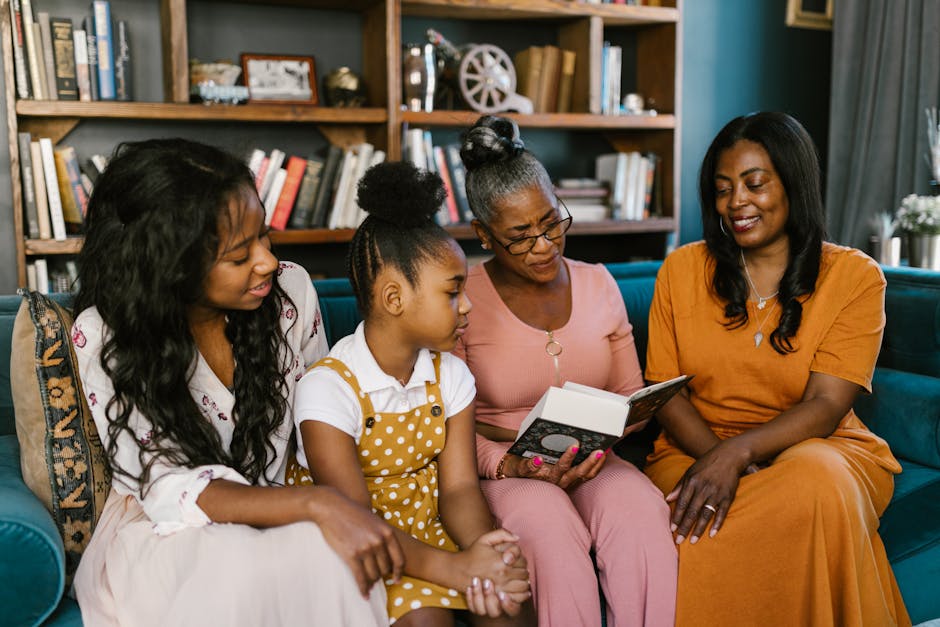Understanding Generational Gaps: Bridging the Divide
What are Generational Gaps?

Generational gaps refer to differences in perspectives, values, and behaviors between people of different generations. These gaps can lead to misunderstandings and conflicts, but they also offer opportunities for learning and growth.
Why Do Generational Gaps Exist?

Generational gaps exist because each generation grows up in a different social, economic, and technological environment. For example, Baby Boomers grew up without smartphones, while Gen Z has never known a world without the internet.
How Do Generational Gaps Impact Relationships?

Generational gaps can impact relationships in various ways. For instance, older generations may view younger generations as entitled, while younger generations may see older generations as out of touch. Understanding these differences can help improve communication and empathy.
Real-Life Examples of Generational Gaps

Imagine a scenario where a Baby Boomer prefers face-to-face communication, while a Gen Xer prefers texting. This difference in communication styles can lead to misunderstandings and frustration. By recognizing and respecting each other’s preferences, they can bridge the generational gap.
Benefits of Understanding Generational Gaps
Understanding generational gaps can lead to more effective teamwork, improved communication, and a more inclusive workplace. By embracing diversity of thought and experience, organizations can foster innovation and creativity.
Practical Tips for Bridging Generational Gaps
1. Listen actively and with an open mind to others’ perspectives.2. Be willing to adapt your communication style to suit different generations.3. Seek common ground and shared values to build connections.4. Embrace diversity and learn from different generations’ experiences.
Statistics on Generational Differences
A study found that 75% of Baby Boomers prefer in-person communication, while 88% of Gen Zers prefer digital communication. These statistics highlight the importance of understanding generational preferences in communication.
Expert Insights on Generational Gaps
According to Dr. Jane Smith, a psychologist specializing in intergenerational relationships, “Understanding generational differences can lead to more harmonious family dynamics and stronger workplace relationships.”
In Conclusion
Generational gaps are a natural part of society, but they don’t have to be barriers. By embracing diversity, listening actively, and seeking common ground, we can bridge these gaps and create a more connected and inclusive world.
Remember, understanding generational gaps is about more than just ageit’s about recognizing and valuing the experiences and perspectives that each generation brings to the table. By approaching these differences with empathy and an open mind, we can build stronger relationships and create a more harmonious society.




